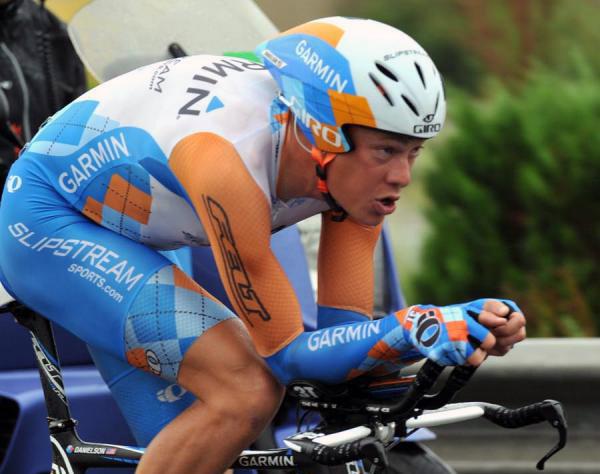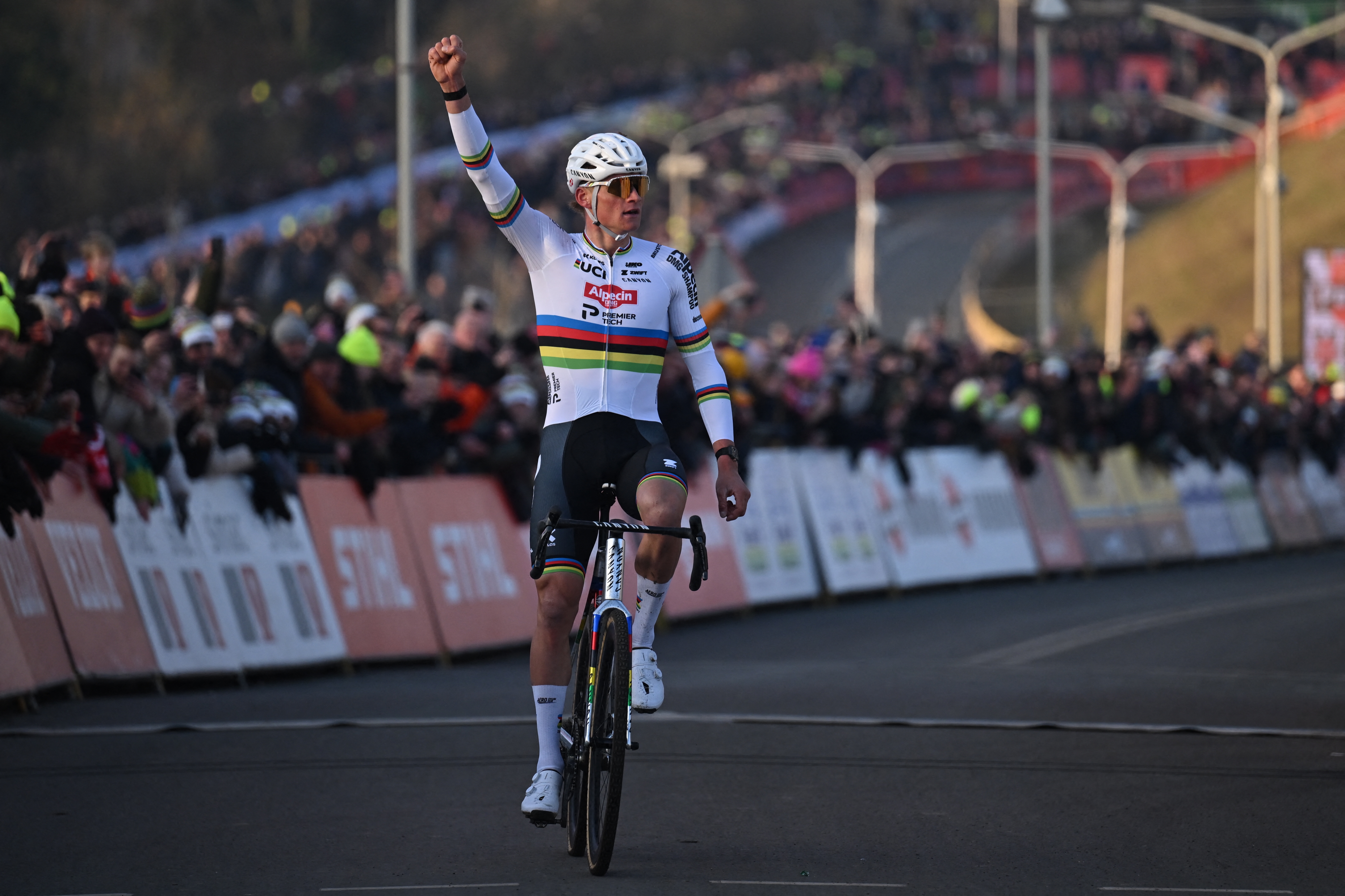Tom Danielson: The Human Lottery Ticket
Can Garmin-Transitions' enigma deliver before time runs out?
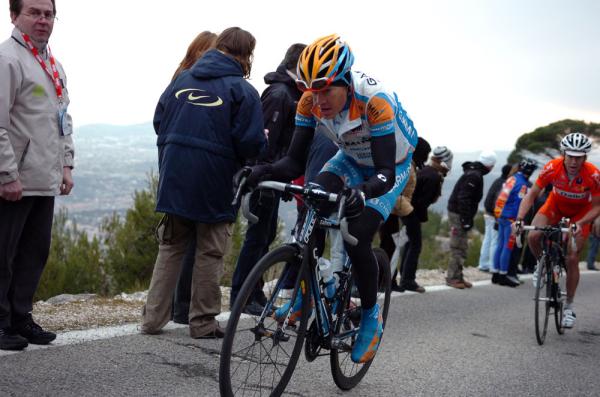
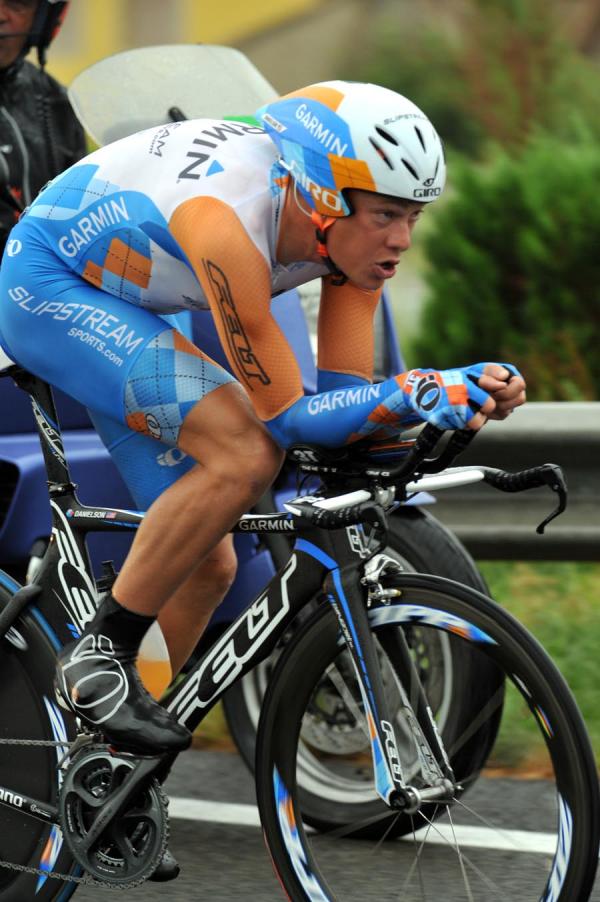
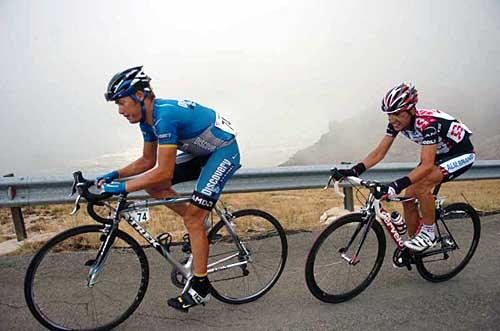
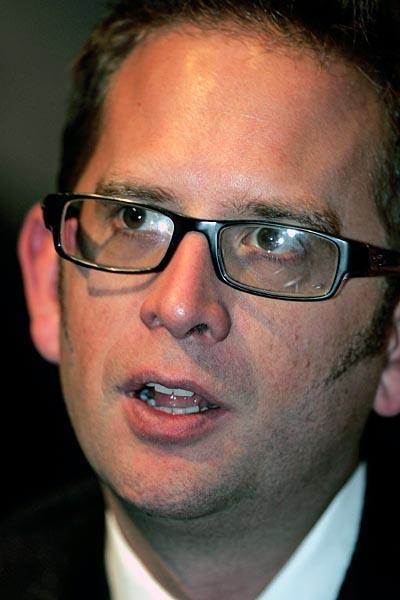
"He's a lottery ticket. A one-in-a-million chance that could turn you into a millionaire but if don't buy the ticket you don't have a shot, right?" asks Jonathan Vaughters.
I respond with a nod and a reassuring smile. We've just had dinner in Calpe, Spain and the topic of discussion is the American cyclist Tom Danielson. The wine has been flowing, the company excellent and I can't remember how we've ended up talking about Tom Danielson.
Turn the clock back to late last summer and the Vuelta a Burgos is heating up. Danielson has just taken the overall lead after a spirited performance in the race's individual time trial. One final mountain stage is all that separates him from a surprise victory, but Alejandro Valverde is poised, threateningly, five seconds behind the Garmin rider. Can Danielson hold him off? That night I was on the phone to one of Danielson's old teammates and according to him, Danny Pate - second overall and four seconds back - has a better chance of taking the win. "Tonight Danny will be in bed by 9pm. Tom will be in bed too but he won't sleep until 2am," says the rider. "That'll be the difference. Tom will be up all night worrying and stressing."
Sure enough, Danielson lost the lead to Valverde on the final climb of the day. Yet despite such predictability Danielson remains an enigma within cycling. To many, including his Directeur Sportif Jonathan Vaughters, he's the perfect cycling specimen - barrel-chested with huge lung capacity, tall and lean, with turbo power to boot. However, while having such physical capabilities, since turning professional Danielson has flattered to deceive. There have been flashes of brilliance - a Vuelta a España stage win, a Tour of Georgia title, and last year's Burgos performance. But despite these results, he's a rider who has yet to fulfil his potential. If he's a lottery ticket, then his numbers still haven't come in.
"I came onto the scene fast but I've paid my dues in the last few seasons and I think now it's time to finish what I started," says Danielson, talking in a manner that belies the reality of his palmares. Have we heard it all before?
"I would victimise myself in a lot of situations," Danielson continues, in an effort to explain why victory has been such an elusive mistress. "I would see everything as more difficult or challenging than it actually was. In that way of thinking I was bringing so many of the problems on myself because I was waiting for them to happen. I felt like I wasn't in control.
"I don't think it was the pressure that held me back in the last few years. A lot of people think that's what it was, but for me, looking at it with my own eyes, it was just my perception of everything: I just became a victim."
The latest race content, interviews, features, reviews and expert buying guides, direct to your inbox!
Repeat those words to Vaughters and the frustration is almost palpable.
"Well, by the end of 2009 Tom was super competitive, it's just that after he dropped out of the Vuelta I was so frustrated with the situation and I realised that being his boss, his confidant and coach is sometimes a conflict of interest. I still give him advice here and there on training but I'm not the hands-on, day-to-day coach."
It's clear that Vaughters has a soft spot for Danielson and his eternal promise to deliver on the biggest stage. For most of 2009 Vaughters took it upon himself to train and coach Danielson personally, something that certainly laid the foundations for his performances in Burgos and at the Vuelta, where until the final week he was within a minute of the lead.
"Burgos was the moment when I stopped thinking 'I've got to do this' or 'I've got to get better' and I just let it happen," says Danielson. "Your brain is capable of so much but sometimes it can get in the way and complicate things. For me it was a case of simplifying things. I'm in a great spot right now though. It's time to win some bike races."
For some readers that last sentence will have their eyes rolling back. Danielson, for his promise and hype, has never fully delivered. Yet that's only half of the story. He is of course a rider whose tale has been overshadowed a catalogue of errors and bad fortune.
"I was aware of the hype when I was younger and I think a lot of people point to that as the problem for me, but as far as I'm concerned that was the media doing their job. A lot of my success happened at times that were making great stories.
"I won the Tour of Georgia when Lance Armstrong said he was going to ride it. But before that I won all kinds of races, so the media put two-and-two together and assumed I was it - 'The next big thing'. On paper that's fine but as we've seen it takes a lot more than that. It takes mental and physical strength and a team that believes in you," says Danielson, before commencing a recap of his career to date.
"I moved forward so quickly because every team that I jumped into bought [the hype]. They were 100 per cent behind me. At Saturn I could barely ride in the peloton but those guys sacrificed themselves for me so I'd be in a position to go up the last climb and beat everyone. It was the same at Discovery [Channel]. At Fassa [Bortolo] there was an example of where I took a step back, there was a team that said, 'Well you can't really ride in the peloton so we'll worry about the other guys on the squad'. I didn't flourish in that environment."
Making a Transition
Signed by Garmin at the start of 2008, Danielson bore the appearance a new rider with a fresh start. For a while the new outfit suited him and he was able to float under the radar as the team's ambience and firm anti-doping stance propelled him along in a current of goodwill. Yet the results still wouldn't come.
"He's had so many hurdles to overcome throughout his career," Vaughters says in defence of his rider.
"Initially he didn't know how to ride in the pack at all and was just scared. Once he got over that he then had to figure out how to race over 150 kilometres and that, too, took him a long time. In that time he's also had total reconstructive surgery on his shoulder. Then when he tried to come back he gained a lot of weight because of a misunderstanding on how to improve his endurance. It wasn't just about feeding him more. That was an error on his part and in 2008 by our physiologist."
Whether just excuses or plain bad luck, the truth is that time is running out for Danielson. Yet, despite repeated setbacks and his own perception of mental fragility, his hunger for success remains.
Perhaps he's a lot stronger than he gives himself credit for, perhaps a weaker character would have given up by now. "People forget that I was ninth at the Tour of California when working for [Dave] Zabriskie last year and I was one of the strongest guys. I was fifth in Tour of Missouri too."
"We know I have the engine but for me the mental thing is the area I needed to turn on. But it's something I needed to learn to switch on myself. Even if I'm in a room with a hundred people who are all looking at me and all doubting me I need to be able to do that. Now, more than ever, I know that it's up to me."
How Danielson plans to 'flick the switch' is something he's vague about, unwilling to disclose the mental techniques he's been working on recently. However Vaughters is adamant that should he discover the ability to relax, and free himself of the paralysis that has stemmed from internalised pressure then he could yet become great.
"Every scientist that's ever worked with Tom will say this is he's physiologically one of the most gifted cyclists ever, as far as his body goes. If Tom can just be calm he can perform at the highest level. But he needs to relax and shut it off. Of course there will be tense moments and not everyone will like you, but if you accept that racing is hard and that it's war and that there are a lot of psychological elements then I think he can podium in a Grand Tour.
"He has the ability to podium in a Grand Tour. I have no doubt that he has that ability, but to overcome his demons he's going to have to do it himself."
They're big words but it's worth remembering they come from someone who helped Christian Vande Velde and Bradley Wiggins reach respective fourth place finishes at the 2008 and 2009 Tours de France, both of whom had little Grand Tour pedigree before their meteoric rise up the GC result sheets. Despite Vaughters' optimism, Danielson knows that his own chances of Grand Tour ascendancy rest solely on his shoulders.
"I had to see everything out of my own eyes. It took me until Burgos to figure that out, that I can shape my destiny."
Shaping destiny is one thing and winning the lottery another, but as Vaughters says: at least he's got the ticket.
Daniel Benson was the Editor in Chief at Cyclingnews.com between 2008 and 2022. Based in the UK, he joined the Cyclingnews team in 2008 as the site's first UK-based Managing Editor. In that time, he reported on over a dozen editions of the Tour de France, several World Championships, the Tour Down Under, Spring Classics, and the London 2012 Olympic Games. With the help of the excellent editorial team, he ran the coverage on Cyclingnews and has interviewed leading figures in the sport including UCI Presidents and Tour de France winners.
